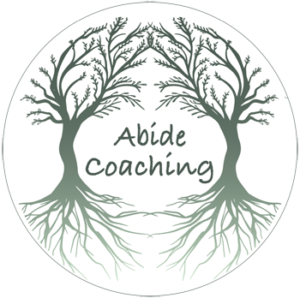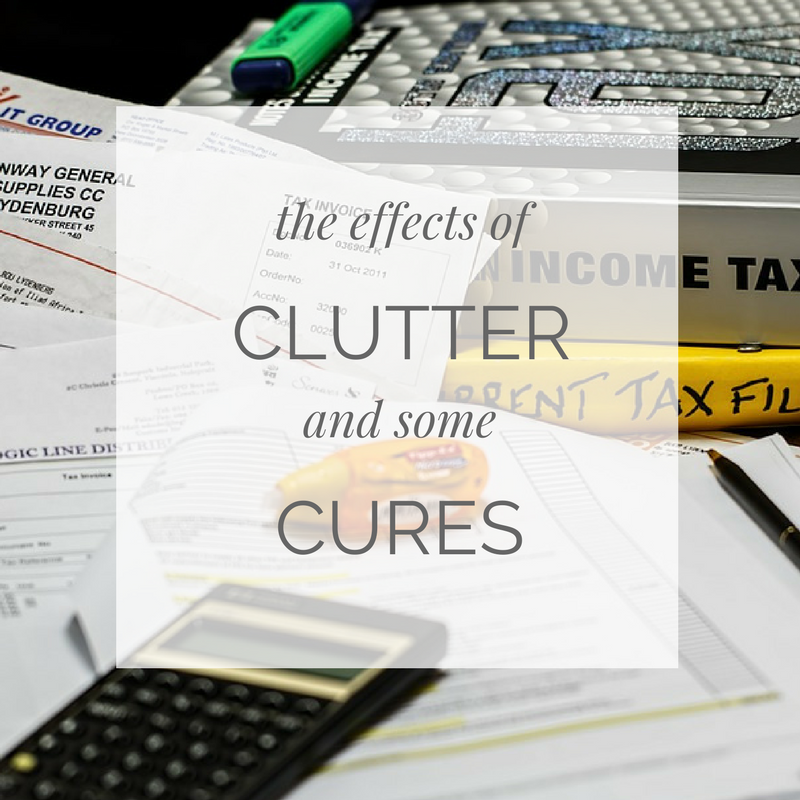When your mother tells you to clean up your room she may be protecting your mental well-being. Clutter affects us in ways we don’t ever realize. Clutter can be both physical and mental.
Besides the obvious that physical clutter is a fire hazard or a tripping hazard, it also traps dust, dirt, mold and animal dander which are all bad for your health but check out these other scientific facts about clutter:
- A researcher at Yale identified that the anterior cingulate and insula in your brain light up when you either let go of items that you own and feel connected to or are in physical pain.
- 32% of people admit to keeping a cluttered workspace.
- By touching something you are more likely to become emotionally attached to it (that is also why some stores allow customers to try products)
- Neuroscientist at Princeton found that clutter work environment does compete for your attention when trying to complete tasks causing you to be less productive and increases your stress level
- At UCLA after observing families in a study concluded that mothers’ stress hormones increased when dealing with their belongings in a similar way that multitasking does.
- 53% of people think negatively about you because of your cluttered workspace.
- 40% of people think you lack in some aspect of your job.
- Physical clutter overloads your senses and impairs your ability to think creatively.
- Digital alerts on email, Facebook etc have the same effect as physical clutter
- A University of New Mexico study found that having too many things in a small space will cause you to view the space as an enemy. Meaning that clutter was impeding with identity with your home.
- A study conducted by Lenny Vartanian et al in Australian and the US concluded that people will eat more sweets and junk food in a cluttered environment as a way to feel less stressed. Some students in a Cornell lab ate twice as many cookies in a cluttered kitchen as those in a non-cluttered kitchen.
- A study done at Cornell found that it is harder to read people’s feeling when there is a cluttered background visually competing for attention.
- Lynn Hasher at the University of Toronto as proposed and her research seems to be supporting that mental clutter is the cause of age-related memory losses. The theory goes if you can’t get through information clogging up your neural pathways than you will be less efficient processing information thus making your short-term tasks stop even longer range mental exercises will be more difficult to retrieve in your cluttered mind.
- Decluttering increases the value of your property
- Decluttering can save you 15-20% of your annual income
Ideas for limiting clutter:
- Set boundaries -Predetermined boundaries make it easier to say no in the future. If you have trouble keeping promises to yourself than externalize the accountability for what you want by telling a family member or friend who feels comfortable calling you out for going beyond your own boundaries. Try using containers to limit the amount of something or limit the amount by only having a specific number of that item or collection. When trying to declutter mental clutter try only taking on one volunteer project in addition to work, family, and upkeep of your home. I volunteer as a docent at an art museum; I give school tours which is a requirement of being a docent and is a minimal activity. I only allow myself to tour two of the four or five special exhibits each year even though all of the tours sound amazing every year. I know I don’t have the time.
- Routinely go through belongings- I do this routinely when I notice I am not wearing something often by putting a bag in the back of my closet. My family and I do it twice to year as a bigger project to purge our home of unwanted and unused items. Once around Thanksgiving and once at Easter. For my family, it is about giving to others because we donate our items. Some people do January and June, others the beginning and end of the school year. You want to tie it to something that feels like a new beginning to you.
- Review computer files- I have seen different recommendations for how often to do this. I think there is a balance and should go along with backing up your computer. I aim for the end of every month. I don’t download many files so monthly works for me. Backing up my system is more important because my whole business is on my computer. If you are downloading files more often than you may need to do it more often. Maybe weekly or daily. The key is that it becomes a habit.
- Pay bills online – If you are one of the few people not doing this please start now. Get paperless billing and set up auto pay if you can. Some banking websites that this feature. Your bills go to your bank. You can sign up for email alerts that bills have arrived, that payments are pending or that payments have been sent. These emails can clutter your inbox so be selective about your choices. Or you could set up auto-pay with each business, this system tedious to me. I like the bank better because it is all in one place, there is a history I can look at for all my payments and I can still pay places that don’t take automated payments with a check cut from the bank. It will lessen the amount of mail coming in your living space after some initial set up time.
- One in, one out – Practice one thing in, one thing out. So for every new item, you purchase you donate/get rid of an older item.
- Make changes slowly – You don’t have to get rid of all your clutter in one fell swoop. Start with one drawer or closet at a time. Or have someone else hold up the items for you to either keep or give away to start a new life.
When you see you can change one small area of your life, it tends to lead you to feel more confident in making other changes to benefit yourself.

